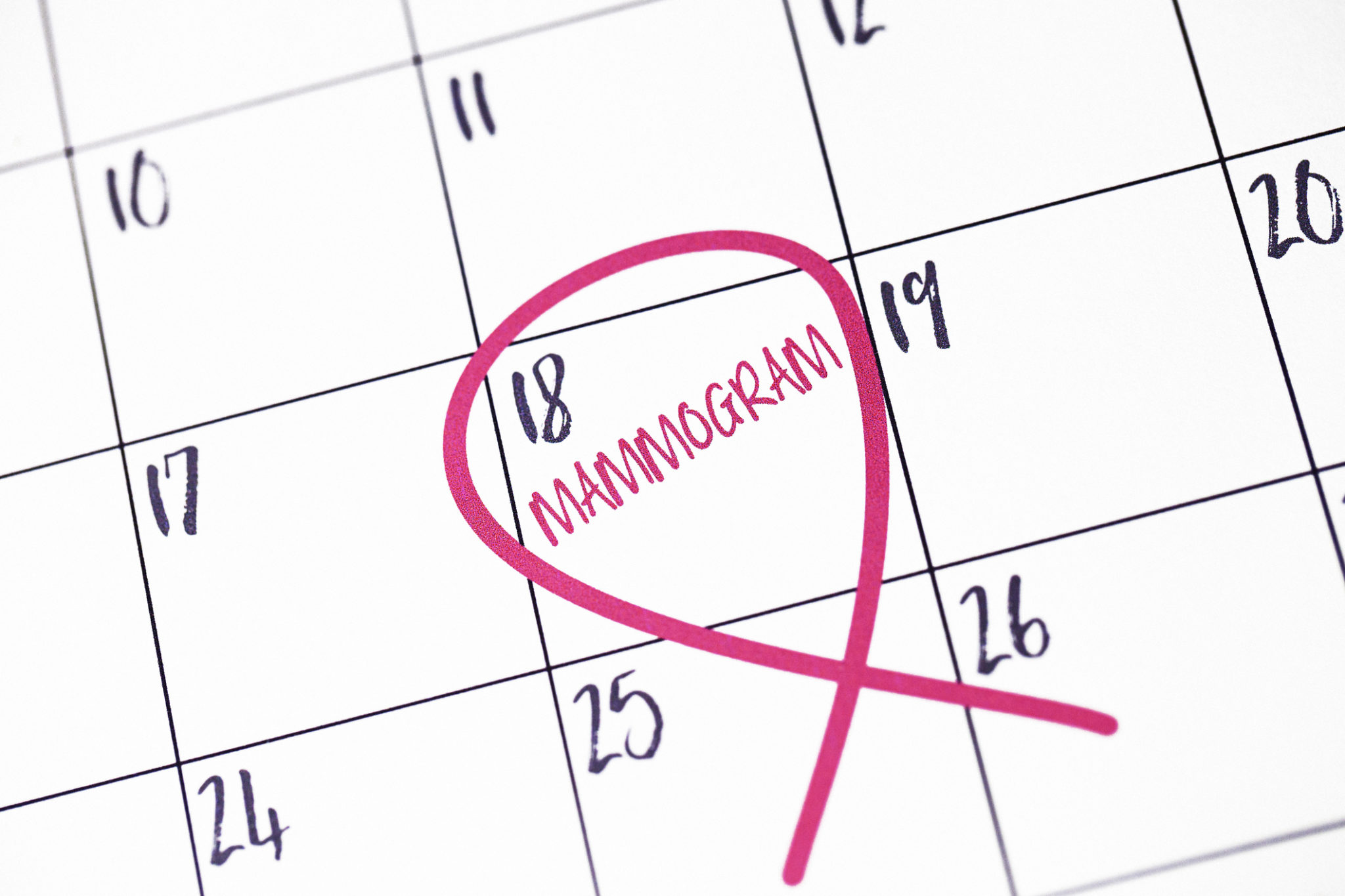14-year-old Survives Serious Sledding Accident
FEB 05, 2014Sledding accidents land about 20,000 children in the emergency department each year. Researchers found those ages 10 to 14 were ...
Read More
If there’s a chance you’re having a stroke, Gabriele Hartman says get to the hospital fast. Gaby, an CHI Health Clinic employee, tried to wait out what she thought was a migraine, but eventually ended up in the CHI Health Mercy Hospital Emergency Department (ED).
“I had absolutely no idea that it was anything worse than a really bad headache,” she said. “I have headaches a lot, but that was the worst I’ve ever felt in my entire life.”
She eventually got the full spectrum of stroke care at CHI Health, from the ED to a hospital stay to rehabilitation, said her husband, Kris.
Above and Beyond
“I’ve told everyone I work with that the care we received at CHI Health was above and beyond our expectations, from the moment we got to the Emergency Room to the day we left,” said Kris. “I can’t express how grateful we are to everyone involved in Gaby’s care.”
It all started on Saturday, Sept. 27, 2009 – right after her daughter’s college soccer game in Sioux Falls, S.D. Gaby, 49, had no family history of stroke.
“I walked back to the car while talking to one of my daughter’s teammates,” said Gaby. “All of a sudden, out of nowhere, the headache just hit me.”
Kris wanted to get medical help, but Gaby refused, chalking it up to exhaustion their work on remodeling a house the day before. They made the three-hour drive home.
“He wanted to take me to the ER, but I said no,” she said. “I was being stubborn because I didn’t want the medical bill.”
The most common symptoms of stroke are weakness in one side of the body or numbness and tingling, or blindness in one eye, that comes on suddenly and for no apparent reason, according to Blanca L. Marky, MD, neurologist with CHI Health Clinic in Council Bluffs.
Care delayed
“Time is brain,” said Dr. Marky, “and the first few hours of a stroke are critical for getting a diagnosis, then starting therapy.”
“When the stroke alarm goes off, we all know we’re on a time constraint – if we are going to be successful everyone has to run,” said Dr. Marky. “The sooner you start the recovery process, the better it is going to be for the patient.”
In Gaby’s case, she went to bed, slept most of the weekend, then saw her doctor for a migraine shot Monday. She made it to work Tuesday, but only for an hour. Finally, she headed to the Emergency Department.
Diagnostics
“Gaby was disoriented, and told the ER doctor that she was having a hard time focusing on him,” said Kris. “That’s when he did a CT and found the bleed located in the lower left part of her brain.”
She was admitted to the Intensive Care Unit where the bleed in the parieto-occipital region of her brain caused her condition to deteriorate.
“She didn’t know me, who she was or where she was,” said Kris.
“Apparently, I was saying some pretty weird stuff,” Gaby said.
An Anniversary They Won’t Forget
By Friday, Gaby was unresponsive, and another CT revealed further swelling and shifting of the brain.
“At that point, Dr. Nathoo told me, ‘We have to go in and relieve the pressure,’ ” said Kris. “It was our 28th wedding anniversary, and I just broke down at the point. I’d been up for three days straight.”
CHI Health Clinic
Narendra Nathoo, MD, a neurosurgeon with CHI Health Clinic, immediately reassured Kris.
“He was very thorough in explaining everything he was going to do in great detail,” said Kris. “Everything was precision and it went like clockwork. Even in the waiting room, I got updates. That made it a lot easier.”
The day after surgery, Gaby could not see out of her right eye, and had no right peripheral vision in either eye. “When I looked at a person, I only saw half of them,” she said. But she did recognize her husband again, and was surprised to learn how long she’d been in the hospital.
“Dr. Nathoo told us, ‘That’s an anniversary you won’t forget,’” said Kris.
Rehabilitation
After her hospital stay, Gaby was admitted to the Immanuel Rehabilitation Center. She had a week of speech, occupational and physical therapy to help restore her motor functions.
“They keep you busy, and I really like that because it made the day go faster,” said Gaby. “They have a schedule – you’re up at seven, dressed, have breakfast, physical therapy for an hour, then a break, then you have speech therapy.”
Kris said that once again the staff put his mind at ease.
“They explained everything they were doing in great detail, every step of the way, 24 hours a day,” said Kris. “There was never any question about treatment or medications being prescribed. If I had questions, they answered them all.”
Thanks to the collaborative team of care providers at CHI Health and CHI Health Clinic, Gaby returned to her job at CHI Health Clinic right after Christmas, on Dec. 28. While much of her vision has returned, she had to turn in her reading glasses for a stronger prescription. She also is on medication to control her blood pressure.
Risk factors for stroke include high blood pressure, high cholesterol, a history of stroke or heart disease, and tobacco use. Now that their mother has suffered a stroke, the three Hartman children have been briefed on these warning signs by their parents.
Meanwhile, Gaby and Kris are looking forward to many more anniversaries.

Sledding accidents land about 20,000 children in the emergency department each year. Researchers found those ages 10 to 14 were ...
Read More
Vira Brooks had three sons in high school. And she had newly-diagnosed breast cancer. "I remember hearing the words, ‘You have ...
Read More
When Carmen Campisi called to schedule her mammogram, she hadn't heard of the new 3-D technology, or tomosynthesis, at CHI ...
Read MoreWhen you need local health information from a trusted source, turn to the CHI Health Better You eNewsletter.